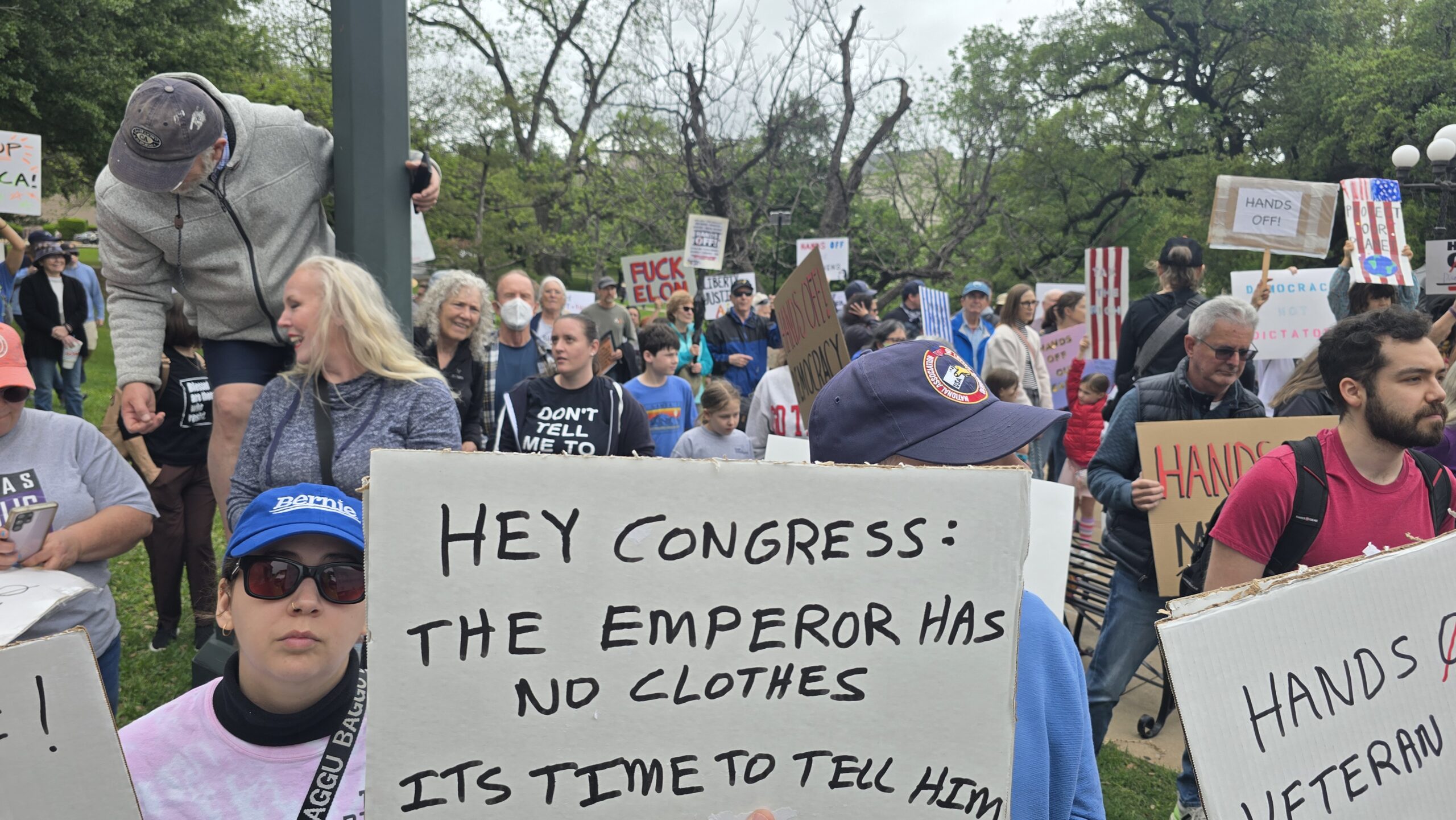Recently, I spent several hours getting to know community organizers in San Marcos, a college town in Central Texas where there’s a dedicated, and persistent coalition organized around Palestinian Liberation and ending the genocide in Gaza.
According to Scott Cove, one of the founders of Palestine Solidarity SMTX, the group began with a vigil at the historic courthouse in their town square in December of 2023. Like so many of us, they were appalled by “the children being slaughtered and just the carnage taking place.” The earliest members, Cove told me, felt a bit “isolated and alone” in their town, so they came together over this troubling and vital cause. Since then, they’ve held film screenings and marches, BDS (Boycott, Divestment and Sanctions) protests outside targets like Texaco and Chevron, even a kite building workshop.
Along the way, they’ve also gotten deeply involved with local politics, to the point that they elected a city council member — Amanda Rodriguez — in order to force the council to hear their ceasefire resolution.
As activists, there’s an ongoing struggle between how much we should focus on direct action compared to how much we should engage with more conventional, electoral politics. What struck me about this group, from the outside anyway, was their success at grappling with both.





